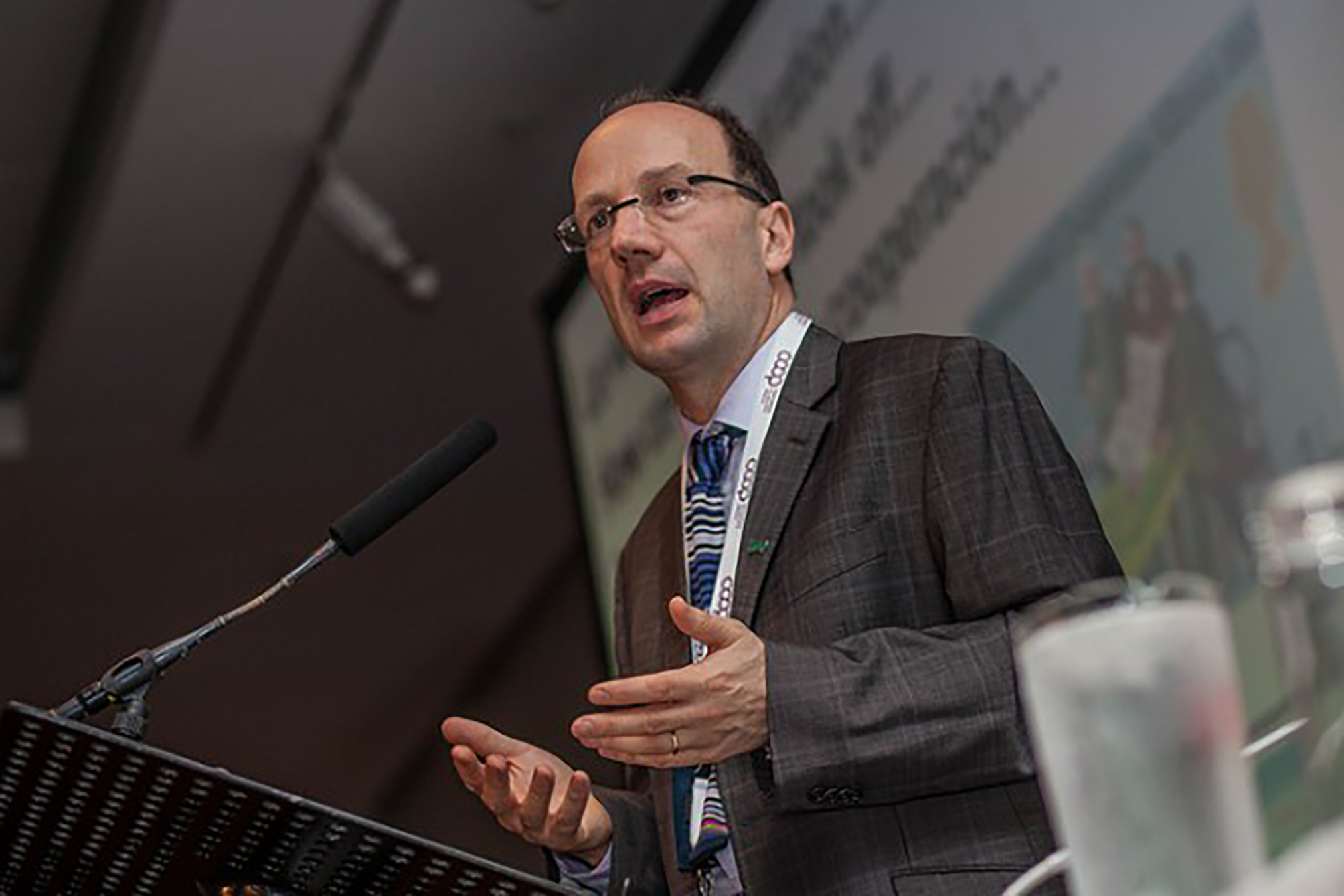As the fallout from the collapse of outsourcing construction giant Carillion continues, calls have come from the co-operative movement for a mutual alternative.
Ed Mayo, secretary general of Co-operatives UK, says the vacuum left by Carillion leaves scope for the creation of worker co-ops to take up its work.
On his blog, he says “perhaps something good” could come from “the largest UK corporate failure in today’s public service outsourcing market”.
He writes: “We know from our research that often businesses fail from the top, but the expertise and the knowledge to make a success is in fact in the workforce.

“With Carillion, the work is so much project-based that there would be a natural team for many service contracts that could form the basis of an employee-owned worker co-operative.
“This could offer public sector contractors an alternative to bringing services in-house, though of course that’s possible, or to re-tendering a new – or worse a shotgun contract let on poor terms – to Carillion’s competitors.”
He says there are also mutual options for subcontractors caught up in Carillion’s demise, suggesting they could form co-operative consortia to take on contracts with former Carillion staff at the core.
Mr Mayo adds: “In ways, Carillion – with its array of contracts, sub-contracts and debt now evaporated – was a somewhat dysfunctional conduit for small businesses to participate in public sector contracts. Co-operative consortia, without the dividends, exec pay, low-balling or blacklisting, and with values closer to those of public services, could be a more functional replacement.”
He warns there are other examples in the outsourcing sector, with Four Seasons healthcare, which looks after 17,000 vulnerable and elderly adults, looking for a rescue and restructure, and says new approaches are needed in such cases.
“What is needed is a regulatory pathway,” he writes, “where central government – which after all has done work for many years on public service mutuals – creates a route that the administrator, public sector commissioners and Carillion’s local project staff can use to work together to explore delivery of the same contract, or adapted where needed, through the formation of worker co-ops.”
Mr Mayo says this requires “a cultural shift” which needs unified, proactive support from the wider co-operative and employee-owned world.
Several UK councils have contracts with Carillion, including Sunderland, part of the Co-operative Councils Innovation Network which has been working to develop mutual alternatives.
The authority had developed a joint venture with Carillion and real estate business Igloo Regeneration to drive economic development across the city.
The council’s co-operative lead, Cllr Iain Kay, told the News: “For the last couple of decades the default approach for national (and to a lesser extent) local government has been the prime contractor model where large organisations with national and international reach bid for very large contracts and are responsible for establishing their own supply chains.
“The primes do have the financial capacity to take risks on contracts that are paid against performance that would be too risky for smaller entities and also deliver on contracts where funding is biased towards the ‘back end’ of the work. This is not an environment where many social enterprises can afford to operate and is an issue about commissioning practices and concepts of ‘value for money’.”
He added: “When Carillion partnered with the council, we were aware of the scope and scale of the organisation and this did indeed provide a degree of reassurance that they would bring significant skills and expertise to the table.
“As we move forward, the city still needs these skill sets so we will wait and see how the dust settles on Carillion and consider whatever ‘phoenix’ ventures may emerge from the ashes. Carillion as an entity has failed but the skilled individuals can’t be lost all in one go.”
With regard to mutual alternatives, he said: “As a council with strong enthusiasm for community-based solutions we are always on the lookout for options that allow us to bring social enterprise to the fore and there may be a collective lesson within government that big is not always sustainable or preferable.
“If the social enterprise movement wants to access any of the opportunities that might arise from the Carillion failure then it is up to the movement to promote alternative models as strongly as possible using an evidence-based approach.
“This could be the threshold of a paradigm shift where collaboration to achieve better outcomes is brought to the fore rather than ‘brute force’ economics.”

